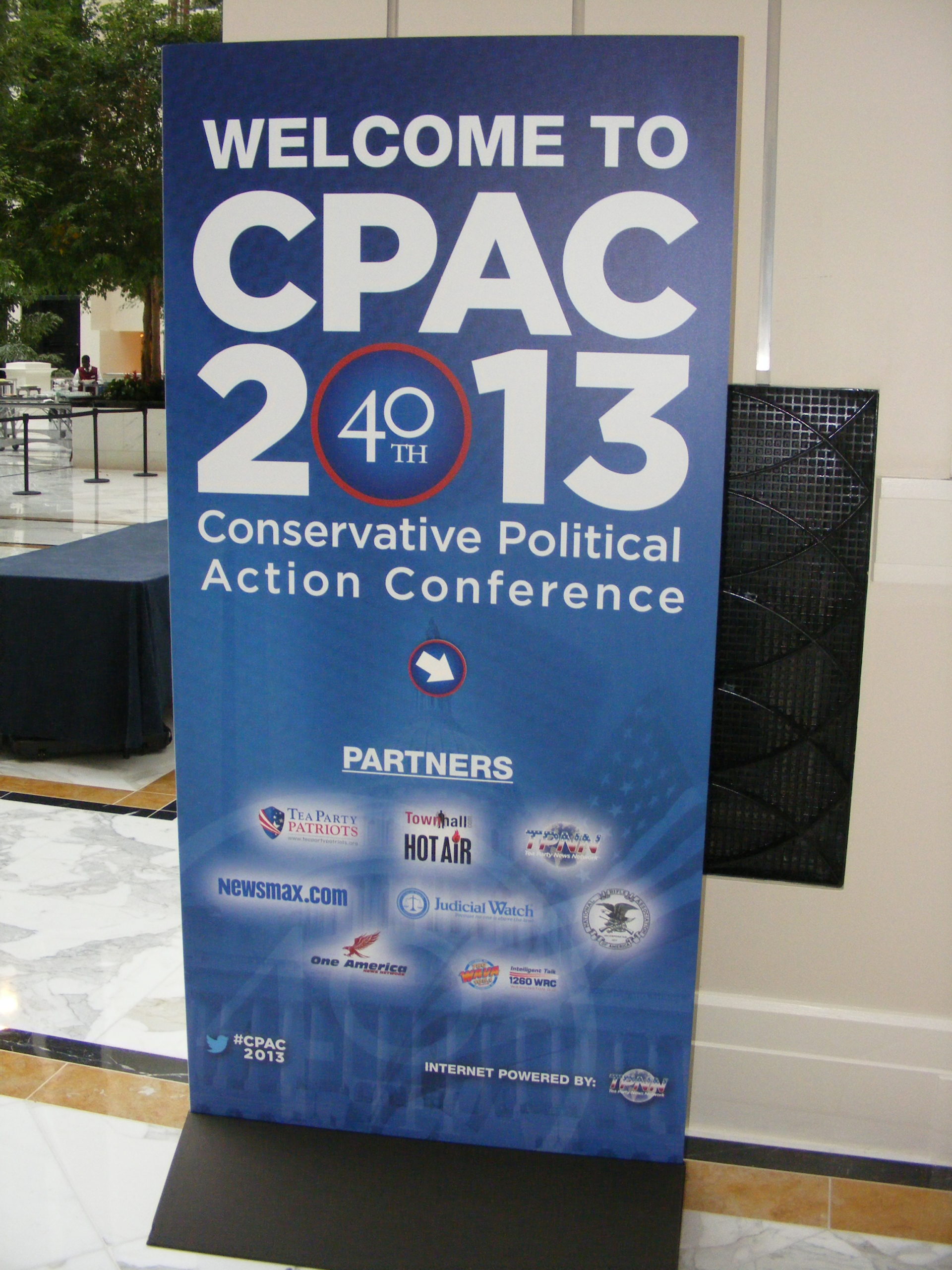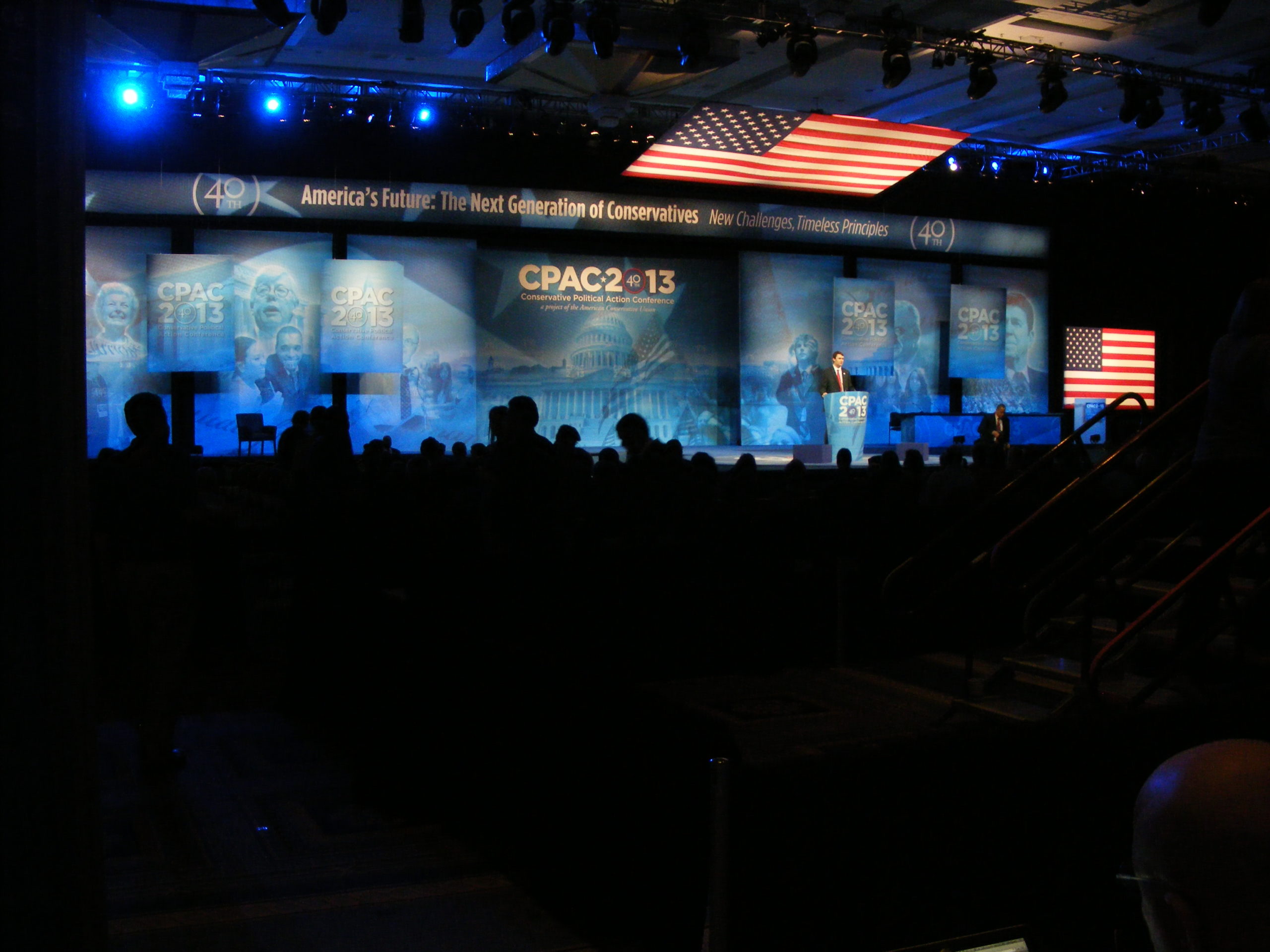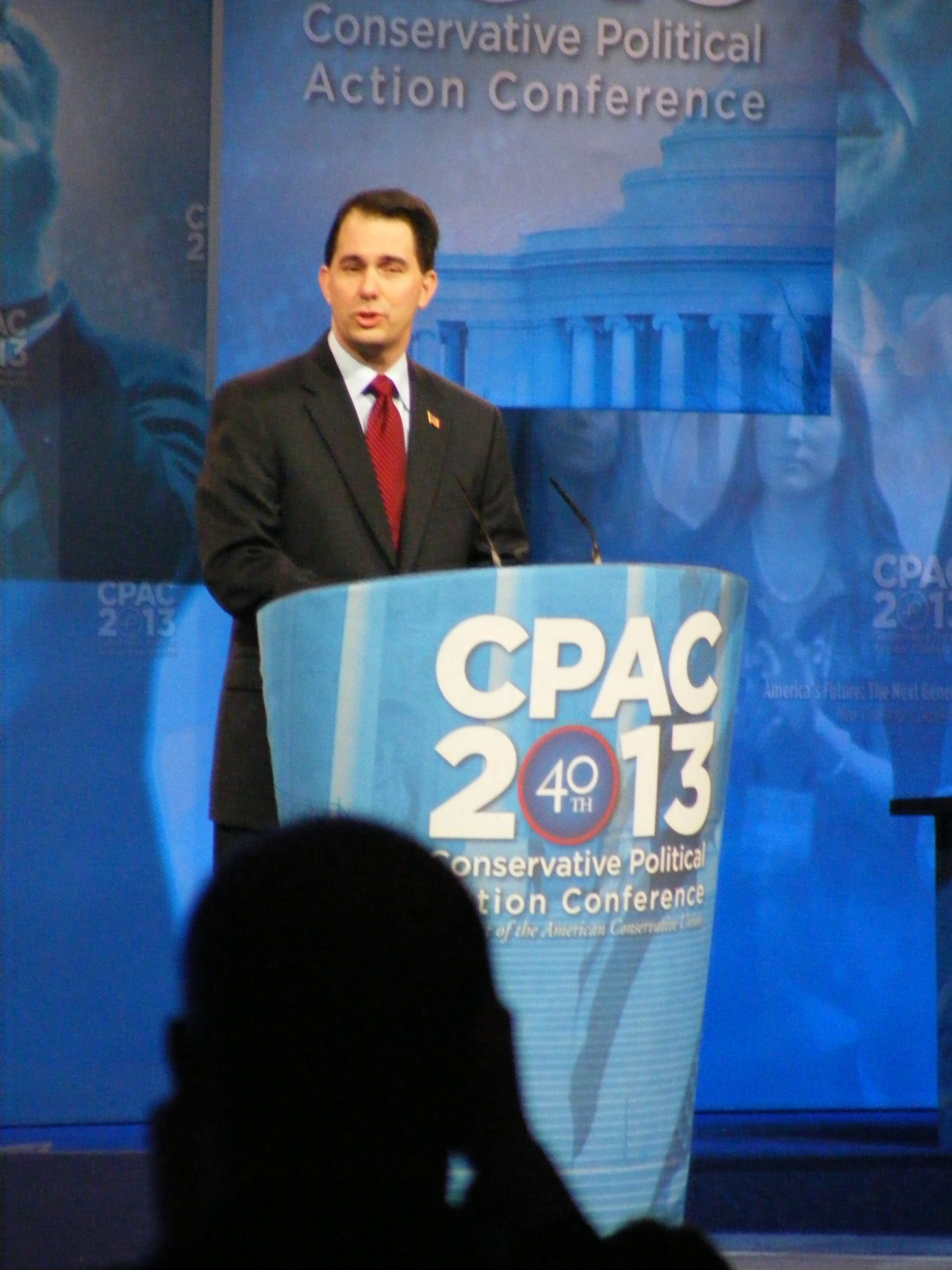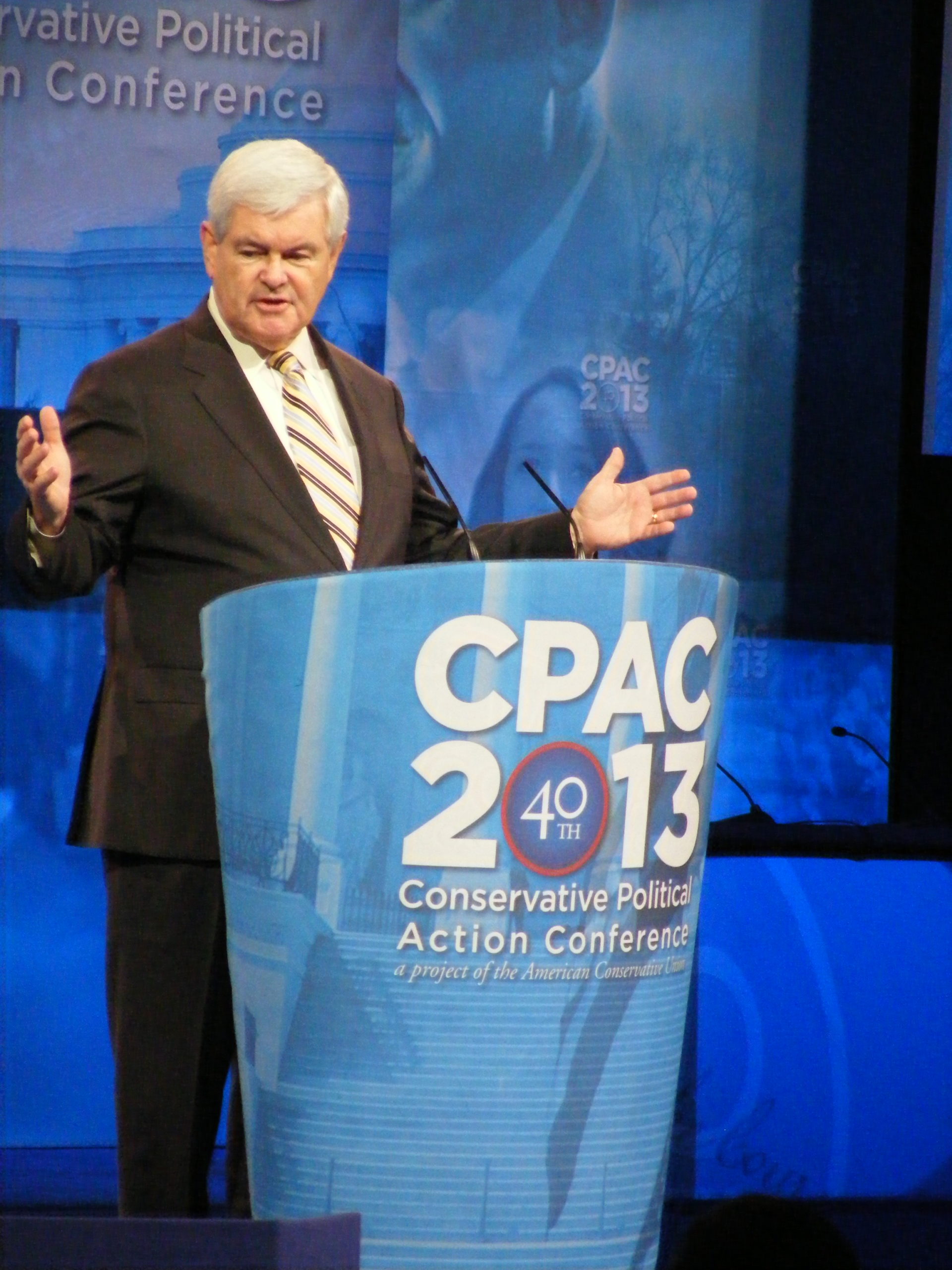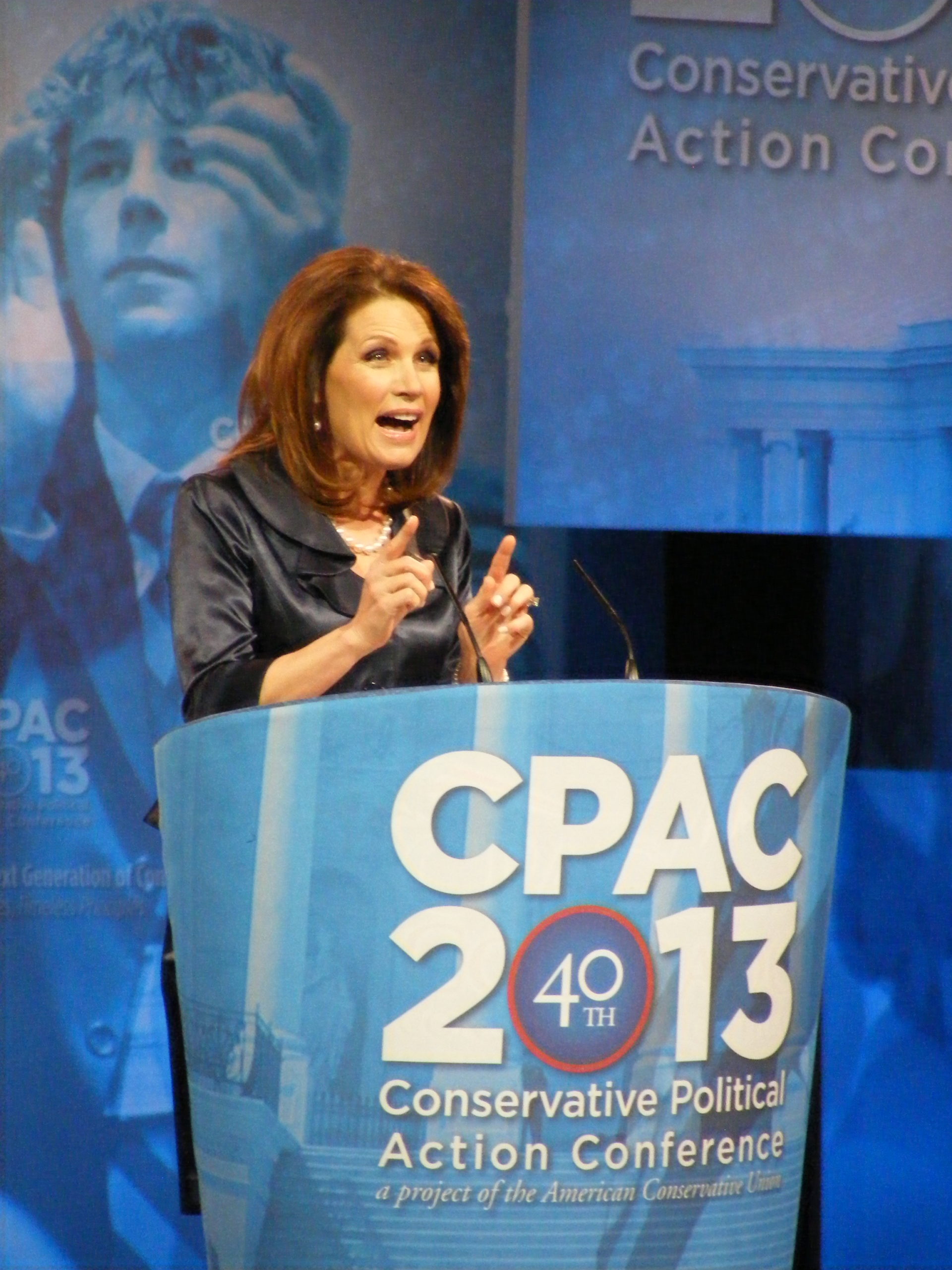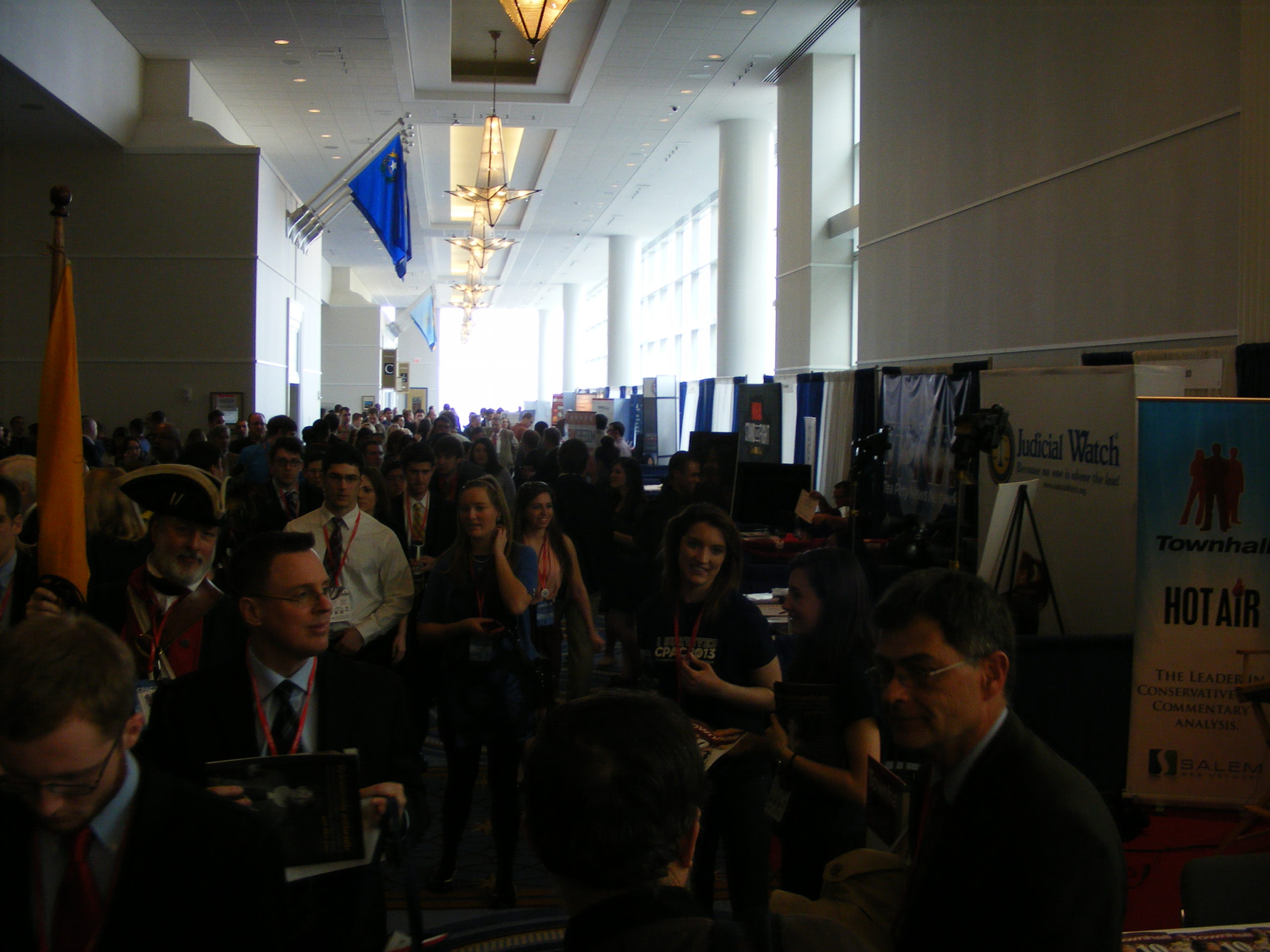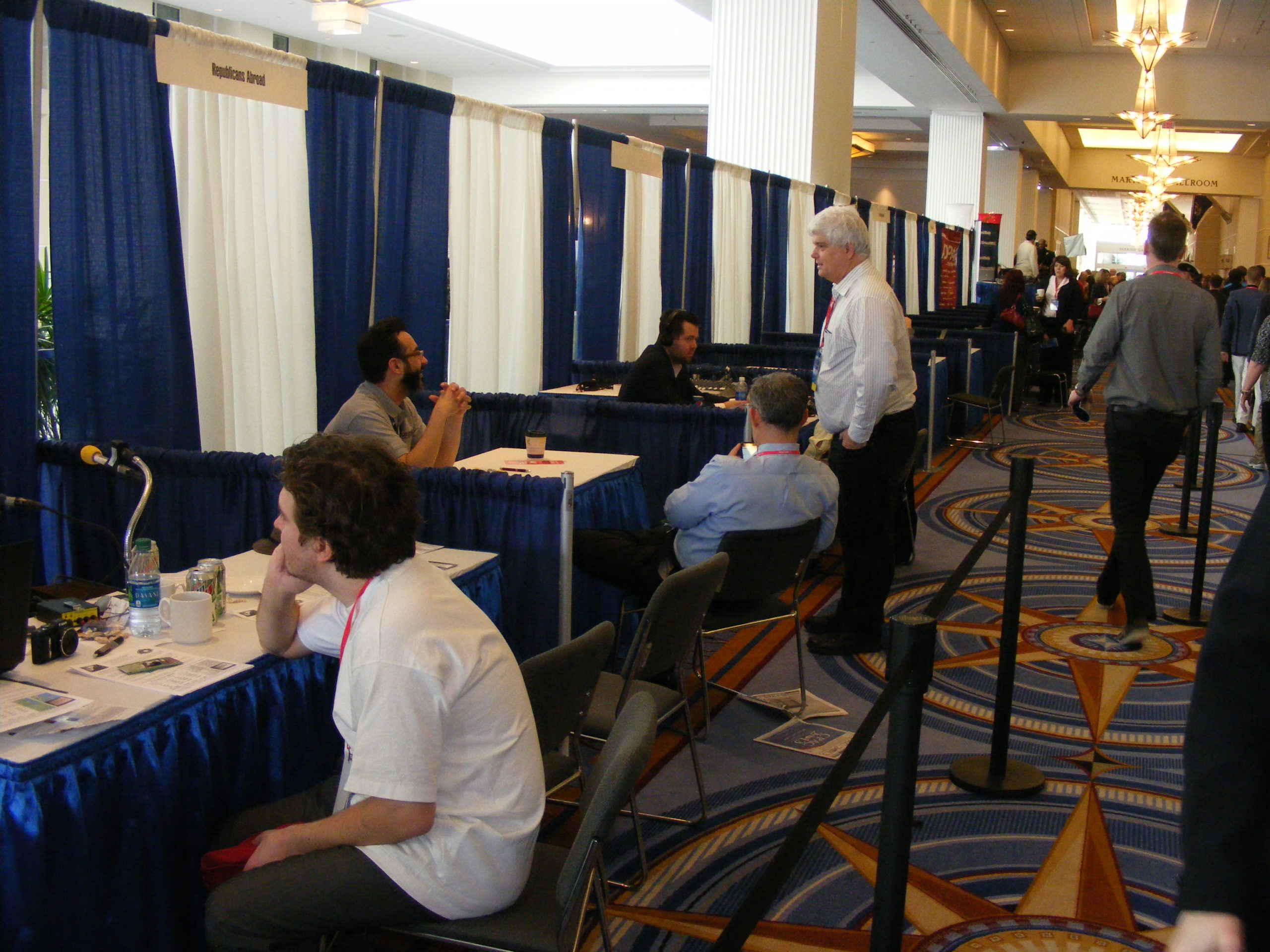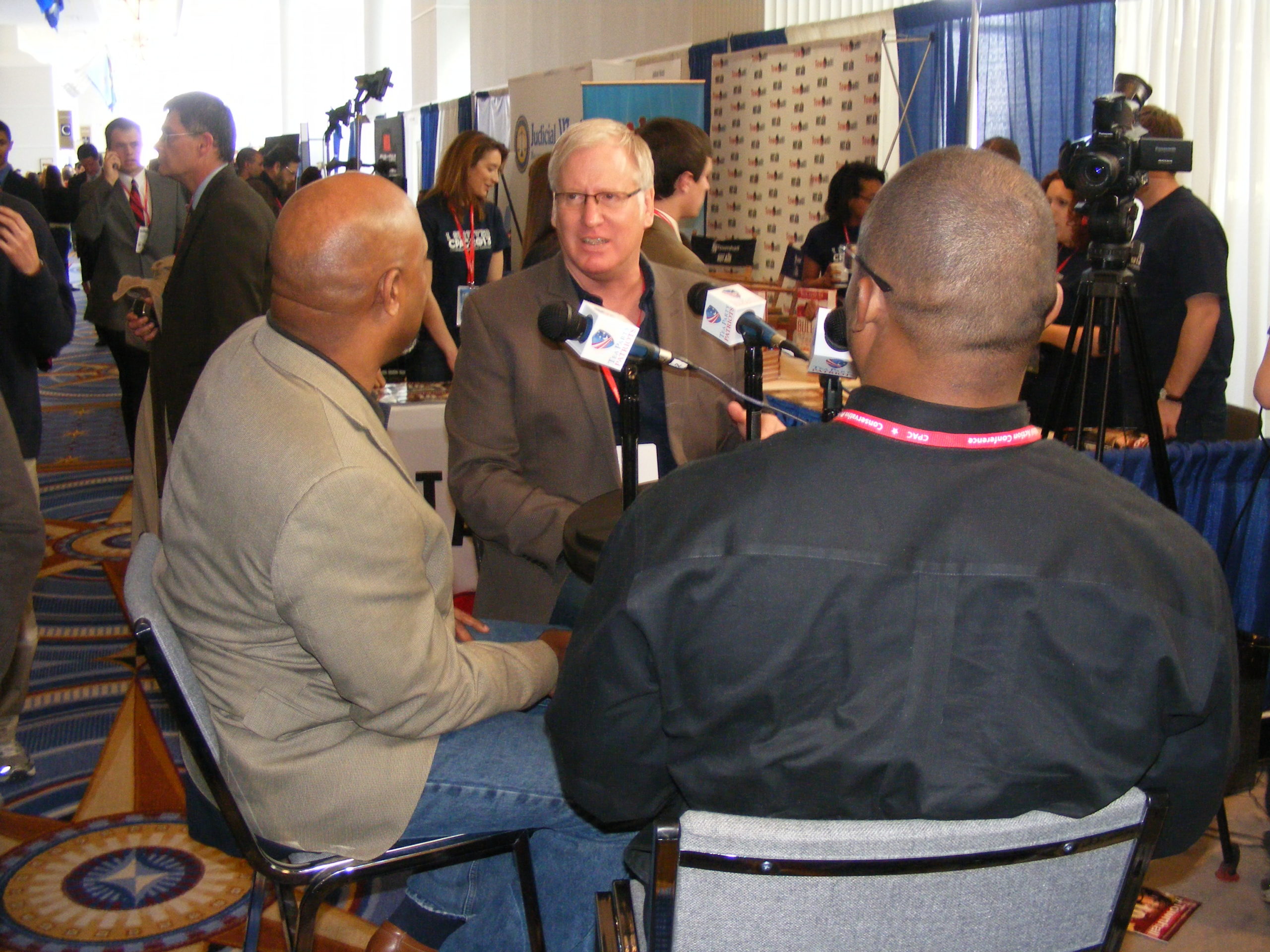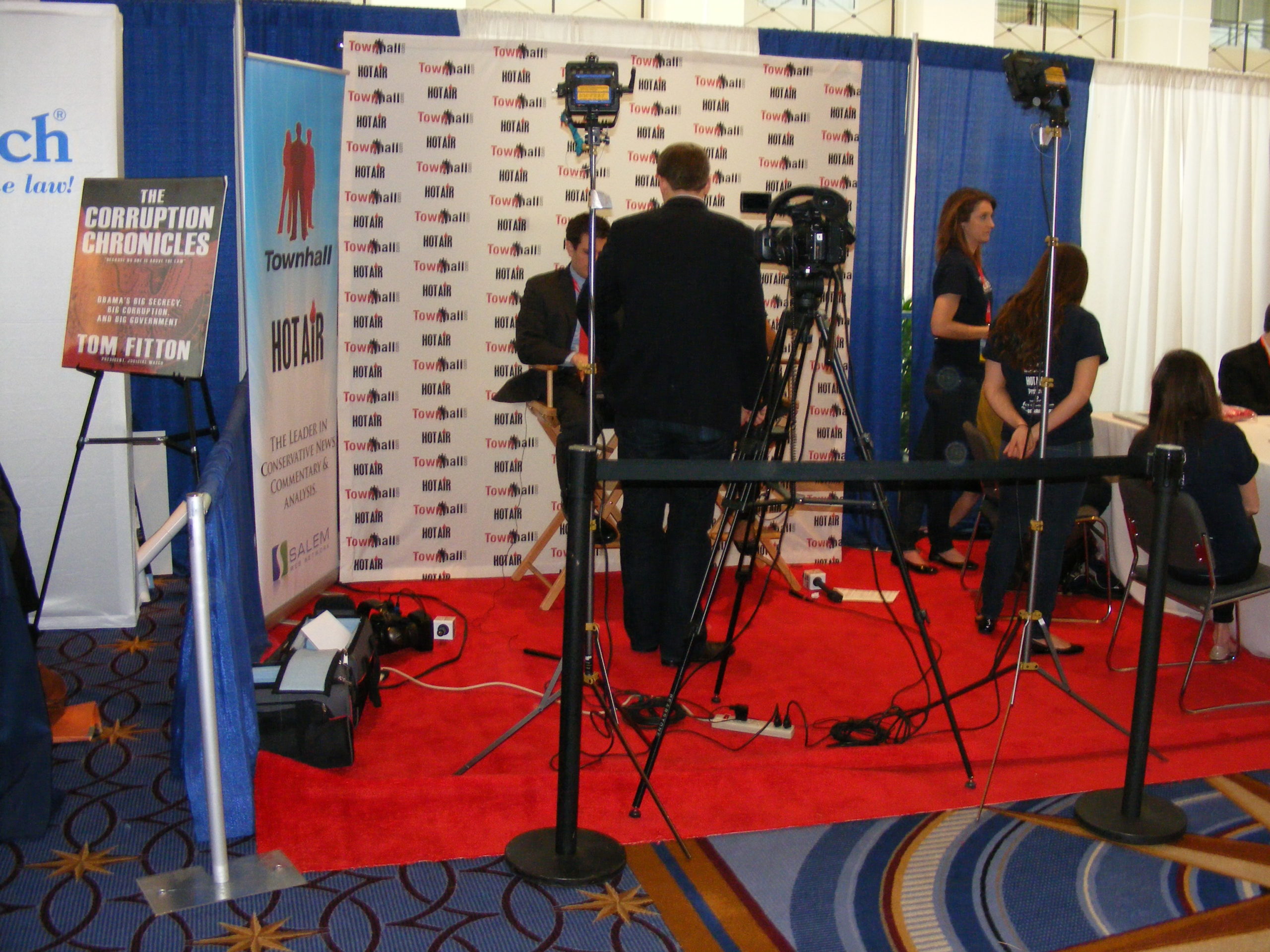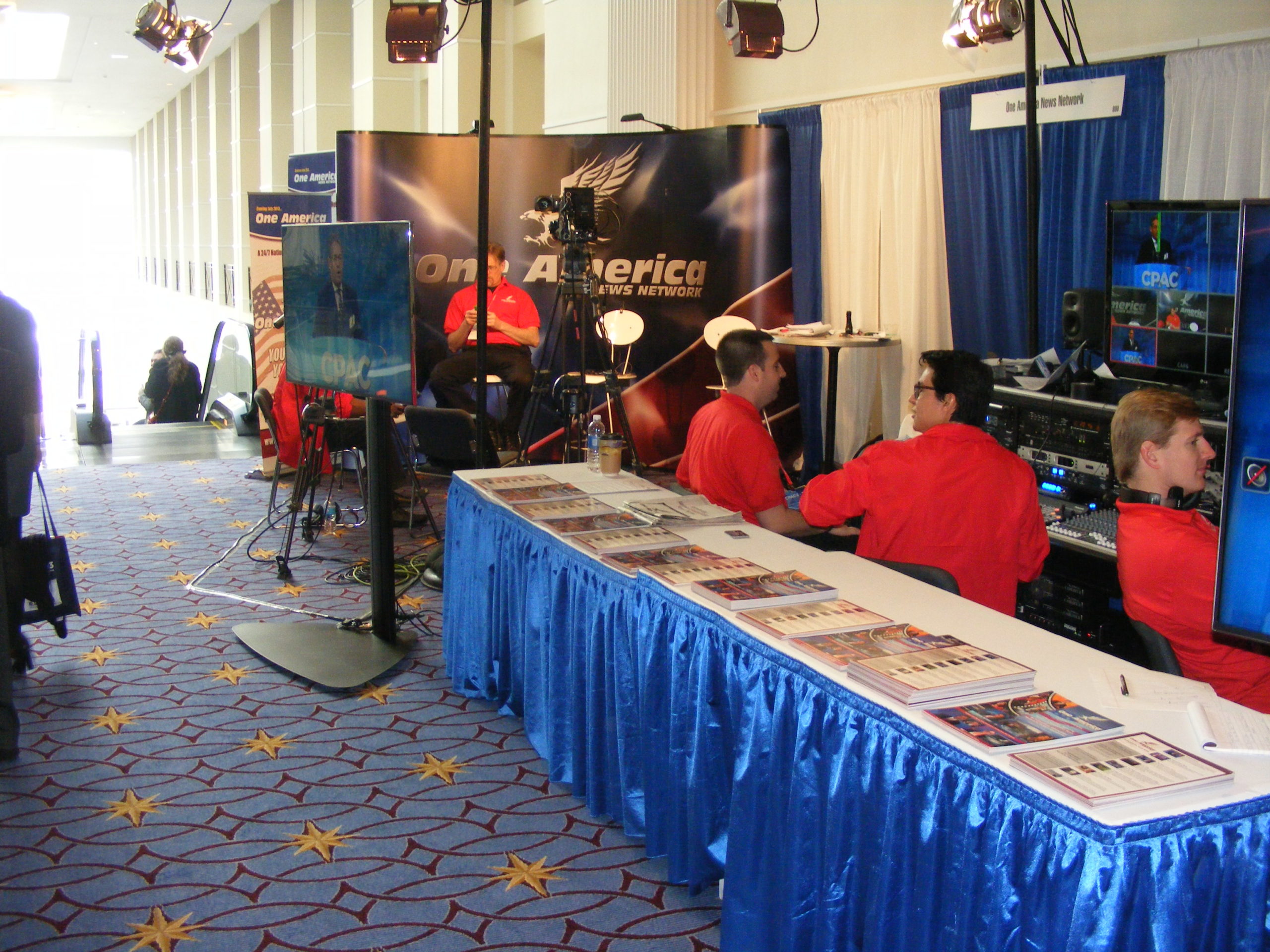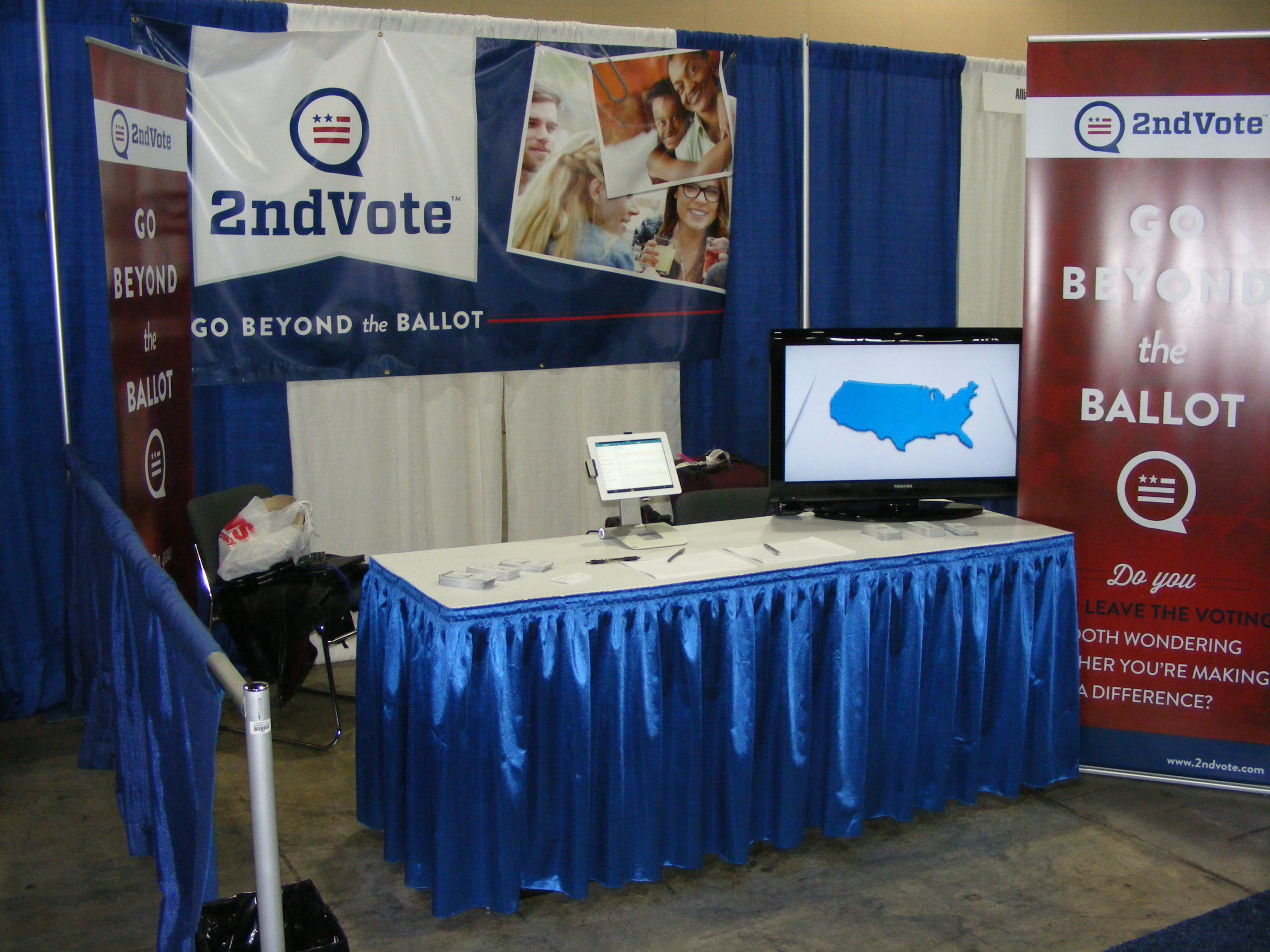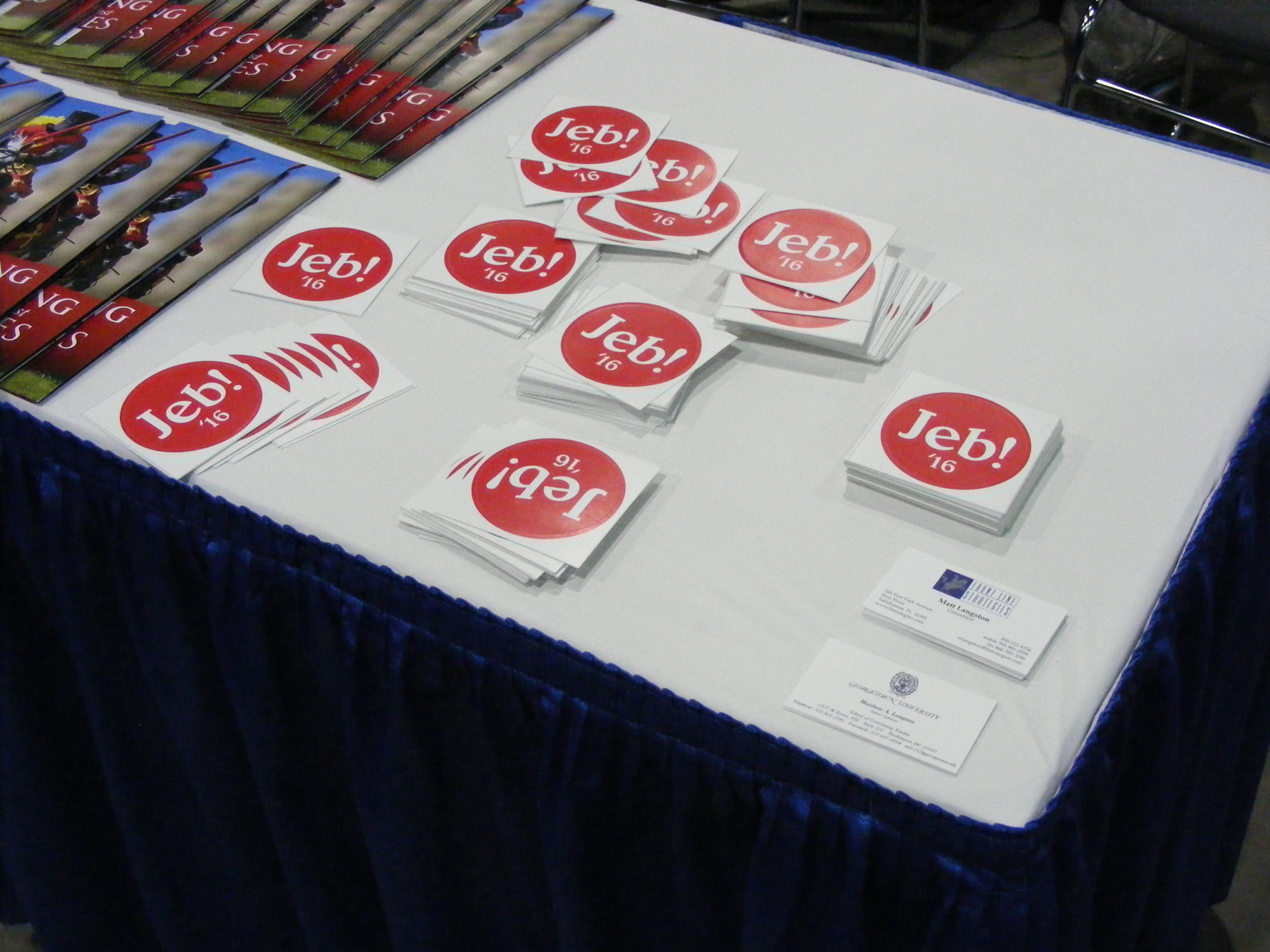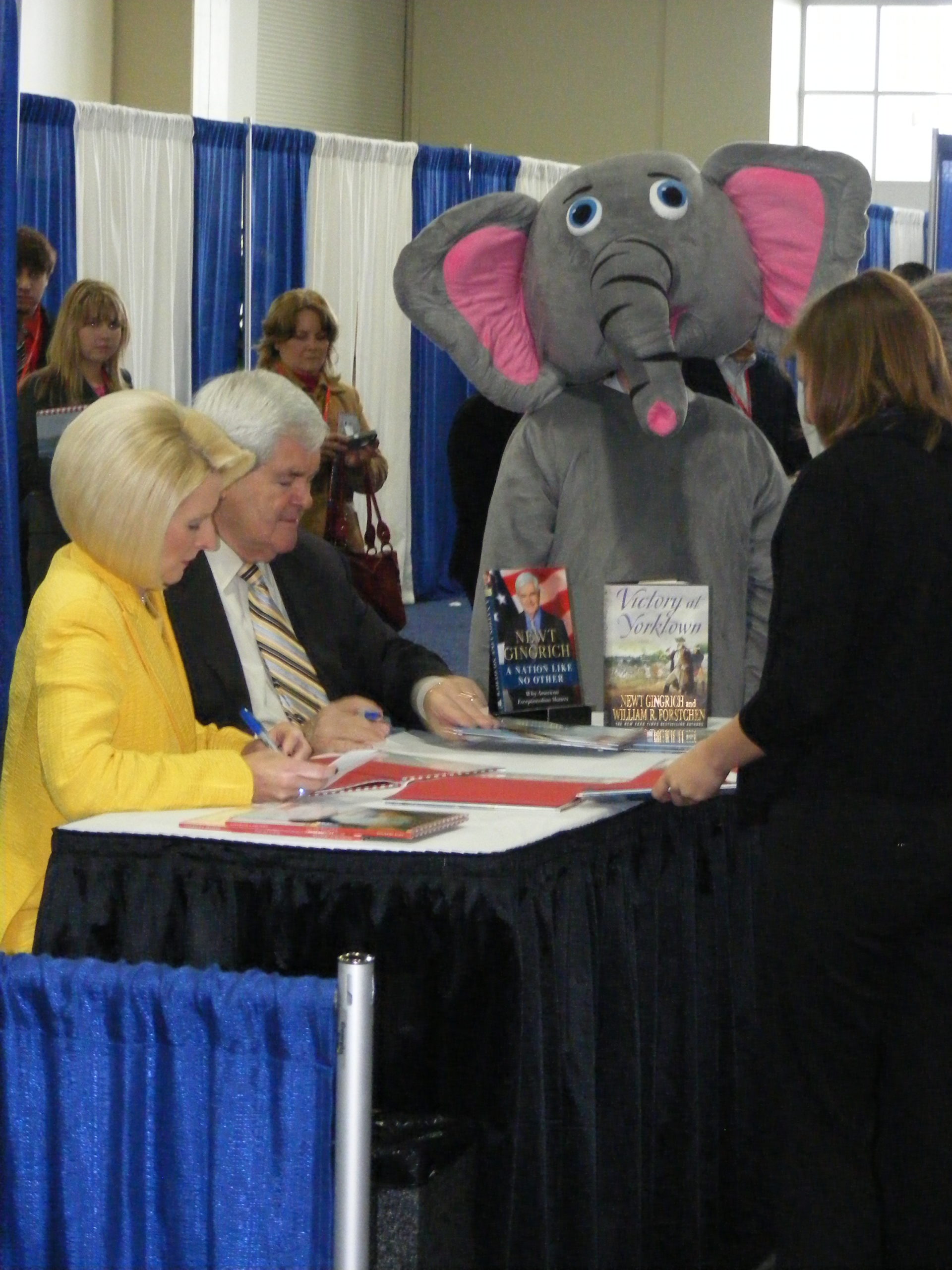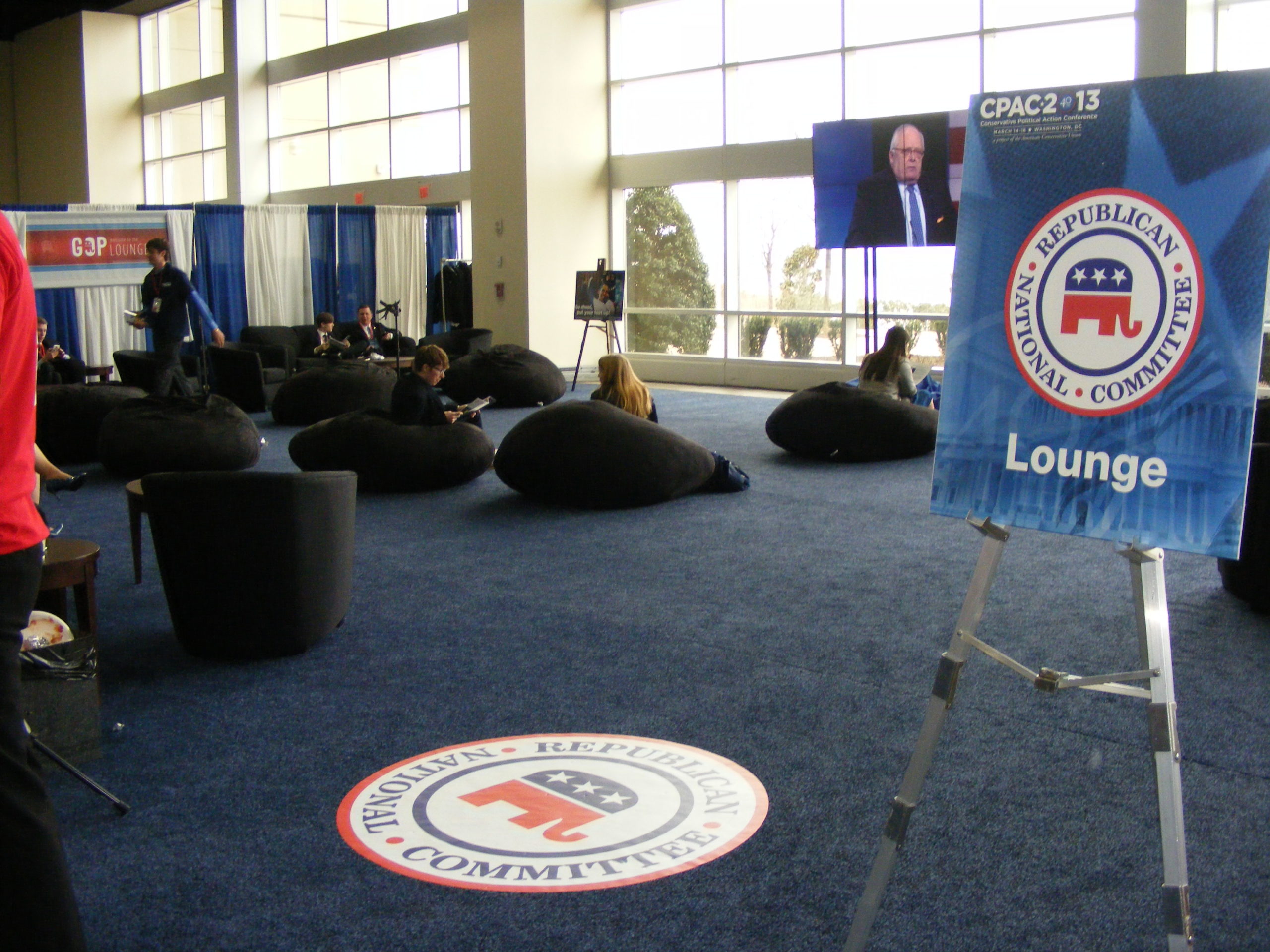By Cathy Keim
I finally had the time today to watch the entire Ted Cruz speech at Liberty University on March 23, 2015, where he announced that he is running for president. It seems certain that he has locked up the conservative right position. I don’t see that he left room for anybody to get past him, nor am I sure that there is anybody who would try. He is going to run a campaign that many conservatives have been calling for: A conservative running unapologetically as a conservative.
His campaign, if he continues on this course – and I see no reason he would budge since he has been saying the same thing since he arrived in Washington – will put to the test the notion that a true conservative can win the presidency. John McCain and Mitt Romney never even tried to run as all out conservatives.
Sarah Palin was the closest to an all out conservative in those two cycles and she was hampered by being the vice presidential candidate, so she had to march to John McCain’s orders. Many folks believe that he would have lost by an even greater margin if he had not had her on the ticket.
Since Mitt Romney chose a moderate GOP insider, Paul Ryan, as his vice president and got even fewer votes than John McCain, there may be reason to believe that theory.
We can expect that all the dirt that was thrown at Sarah Palin will be turned onto Ted Cruz. One twist is that the liberal media and politicians will not be able to use his alma mater since Ted Cruz has the credentials from Princeton and Harvard Law to stand up to any of the jabs. He also has the debating skills and the spine to resist the onslaught.
He will have the same fight that Palin has had that is even worse than being attacked by the opposing party – the GOP will viciously savage him. The mainstream GOP has already shown their disdain for Senator Cruz as they have not backed him in any of his efforts to fight for the Constitution, against Obamacare, and against executive overreach.
In an article for the Boston Herald, Jennifer C. Braceras points out that Ted Cruz is the mirror image of Obama, standing for exactly opposite positions, but with eerily similar backgrounds. She even addresses the birther problem:
Indeed, similarities extend even to bizarre “birther” claims that neither men are “natural born citizens” qualified to be president.
Cruz — whose father fled Castro’s Cuba — was born in Canada. Obama was born in Hawaii, although some on the right question whether he was actually born in Kenya (his father’s birthplace). The question of birthplace is, of course, irrelevant — both men were born to American mothers, thereby granting them U.S. citizenship at birth and making them “natural born citizens” for purposes of the Constitution.
While she does not see the birther issue as a problem, she does postulate that the electorate will not stand for another brilliant Harvard law grad after eight years of our current one.
Don’t get me wrong, I like Ted Cruz. I supported his 2012 run for Senate because I remember him from law school as a brilliant, intellectually curious, and hard-working conservative whose political views closely tracked my own.
So somebody who says they like his views and finds him brilliant concludes by saying that he doesn’t have a chance because of the Harvard arrogance tag. With friends like this, you don’t need enemies.
The mirror image comparison to President Obama is interesting, but fails to address a key difference. President Obama does not like America and Senator Ted Cruz does. What a sea change that simple distinction makes.
Furthermore, I have observed that people of principle who work hard in their field of endeavor because of their firmly held principles, are frequently savaged by their peers because they recognize that this individual is different than they are. The principled approach to life encourages accusations of arrogance because of the assurance with which principled people conduct their lives. Once their mind is made up on the course of action, they will pursue their goal even if it is not popular. This can seem like arrogance to people who cannot understand what they are seeing since they run their lives not on principle, but on public approbation.
Jeb Bush is gearing up for a run and he has already made clear that he will not be courting the conservative branch of the GOP. He is for amnesty, Common Core, and his energy policies are wrong. The biggest hurdle may be the burden of bearing the Bush name. Many citizens are not interested in a family dynasty ruling over them.
Scott Walker, the governor of Wisconsin, has been making a lot of news with the possibility of running. He has been an effective governor in a blue state and has taken on the unions and won. He is certainly a candidate to watch. As a counterpoint to Ted Cruz’s Ivy League background, Walker attended Marquette University, but never graduated. Some people will see that as a negative, but just as many may see it as a plus after observing what so many Ivy League alumni serving as politicians, media people, and government leaders have done to our country.
Ben Carson is contemplating a run, but after the gay mafia firestorm he caused by offering an opinion on whether one is born gay, many wrote him off.
There are many others considering a run. Time will tell how many actually jump in the ring.
It would behoove the conservatives to make their decision as quickly as possible, throw their weight behind one candidate, and once the decision is made to stand firm. The onslaught from both the Democrats and the GOP insiders will be brutal. Nothing is to be gained by attacking the conservative candidate for every perceived misstep. Instead, once the choice is made, the conservatives need to close ranks and fight hard for the battle will be vicious. Every conservative candidate will be questioned over and over about gay and transgender issues, abortion, evolution, climate change, and religious freedom. They need to have their principles inform their position and then stand. Do not walk anything back once they say it and the conservative base needs to have their back.
This can all be done with a smile. It may be war, but engage in the battle with a smile because we are in to win. Our determination is based on the premise that we believe in what we are fighting for: no less than the soul of America.




